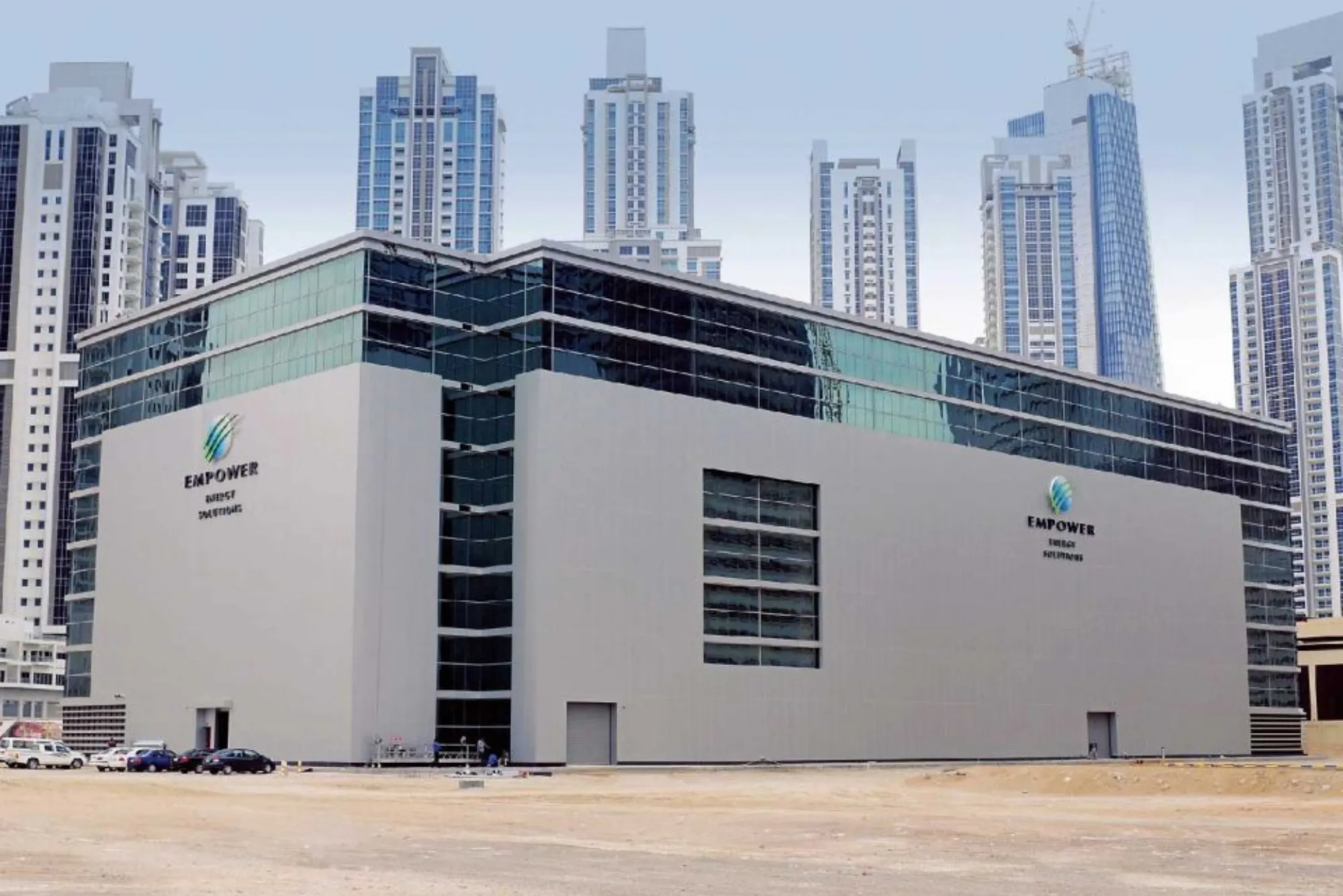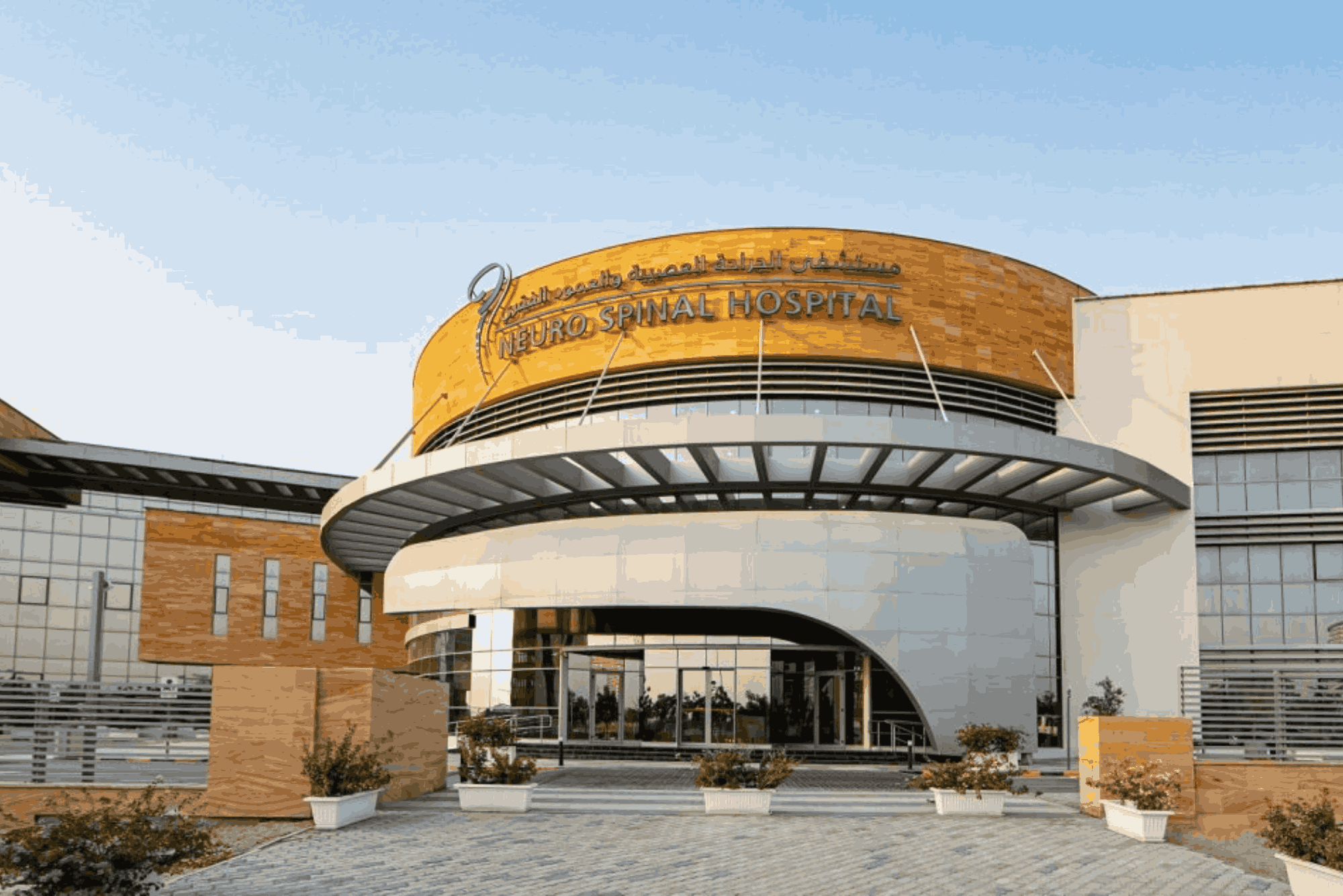In the realm of urban infrastructure, cooling systems play a vital role in maintaining comfort and productivity. However, traditional cooling methods often come with significant energy consumption and environmental impact. District cooling plants have emerged as a sustainable alternative, offering enhanced energy efficiency and environmental benefits. In this article, we delve into the workings of district cooling plants and explore the innovative solutions offered by District Cooling International LLC (DCI) in this field.
Understanding District Cooling Plants
What Are District Cooling Plants?
District cooling plants are centralized systems that provide cooling to multiple buildings within a specific area. Unlike conventional air conditioning systems, which rely on individual units for each building, district cooling plants use a network of chilled water to distribute cooling energy. This approach enables significant energy savings and reduces the environmental footprint associated with cooling operations.
How Do District Cooling Plants Work?
District cooling plants operate on a simple yet efficient principle. Chilled water is produced at a central facility and then distributed to various buildings through a network of underground pipes. Once inside the buildings, the chilled water is used to cool the indoor spaces via heat exchangers, before being returned to the plant for re-chilling. This closed-loop system ensures efficient utilization of energy and resources.
Advantages of District Cooling Plants
Energy Efficiency
District cooling plants are renowned for their superior energy efficiency compared to conventional cooling systems. By centralizing the cooling process, these plants eliminate the need for individual cooling units in each building, resulting in significant energy savings. Additionally, district cooling plants can leverage economies of scale to optimize energy production and distribution, further enhancing their efficiency.
Environmental Sustainability
In an era of increasing environmental awareness, the sustainability of cooling systems has become a pressing concern. District cooling plants address this challenge by employing eco-friendly technologies and practices. By reducing energy consumption and greenhouse gas emissions, these plants contribute to mitigating the impact of climate change and preserving natural resources.
Reliability and Resilience
One of the key advantages of district cooling plants is their reliability and resilience. Unlike standalone cooling systems, which are susceptible to individual failures, district cooling plants offer built-in redundancy and backup capabilities. This ensures uninterrupted cooling services, even during equipment malfunctions or maintenance activities, thereby enhancing the overall reliability of the system.
DCI’s Leadership in District Cooling
Introduction to District Cooling International LLC
District Cooling International LLC (DCI) is a leading provider of district cooling solutions, with a proven track record of delivering innovative and sustainable cooling infrastructure. With a commitment to excellence and a focus on customer satisfaction, DCI has established itself as a trusted partner in the field of urban cooling.
Innovative Solutions by DCI
Advanced Thermal Storage
DCI leverages advanced thermal storage technologies to optimize the performance of district cooling plants. By storing chilled water during off-peak hours, when energy demand is low, and releasing it during peak periods, DCI ensures efficient utilization of resources and minimizes operational costs. This approach also enhances the overall flexibility and responsiveness of the cooling system, enabling it to adapt to fluctuating demand patterns effectively.
Smart Control Systems
DCI integrates state-of-the-art control systems into its district cooling plants to enhance operational efficiency and reliability. These smart control systems utilize real-time data analysis and predictive algorithms to optimize cooling production and distribution. By continuously monitoring various parameters such as temperature, humidity, and energy consumption, these systems ensure optimal performance while minimizing wastage and downtime.
Future Trends and Opportunities
Expansion into New Markets
As urbanization continues to accelerate worldwide, the demand for sustainable cooling solutions is expected to rise significantly. DCI is well-positioned to capitalize on this trend by expanding its presence in both established and emerging markets. By leveraging its expertise and experience, DCI can address the unique cooling needs of different regions while promoting environmental sustainability and energy efficiency.
Integration with Renewable Energy Sources
The integration of renewable energy sources represents a promising avenue for enhancing the sustainability of district cooling plants. DCI is actively exploring partnerships and collaborations to incorporate solar, wind, and other renewable energy technologies into its cooling infrastructure. By harnessing clean and renewable energy sources, DCI aims to further reduce its carbon footprint and contribute to the global transition towards a low-carbon economy.
District cooling plants offer a sustainable and efficient solution for meeting the cooling needs of urban environments. With their emphasis on energy efficiency, environmental sustainability, and reliability, these plants are poised to play a crucial role in shaping the future of urban infrastructure. District Cooling International LLC stands at the forefront of this movement, with its innovative technologies and commitment to excellence. By continuing to push the boundaries of what is possible in cooling technology, DCI is paving the way towards a greener and more sustainable future for generations to come.




